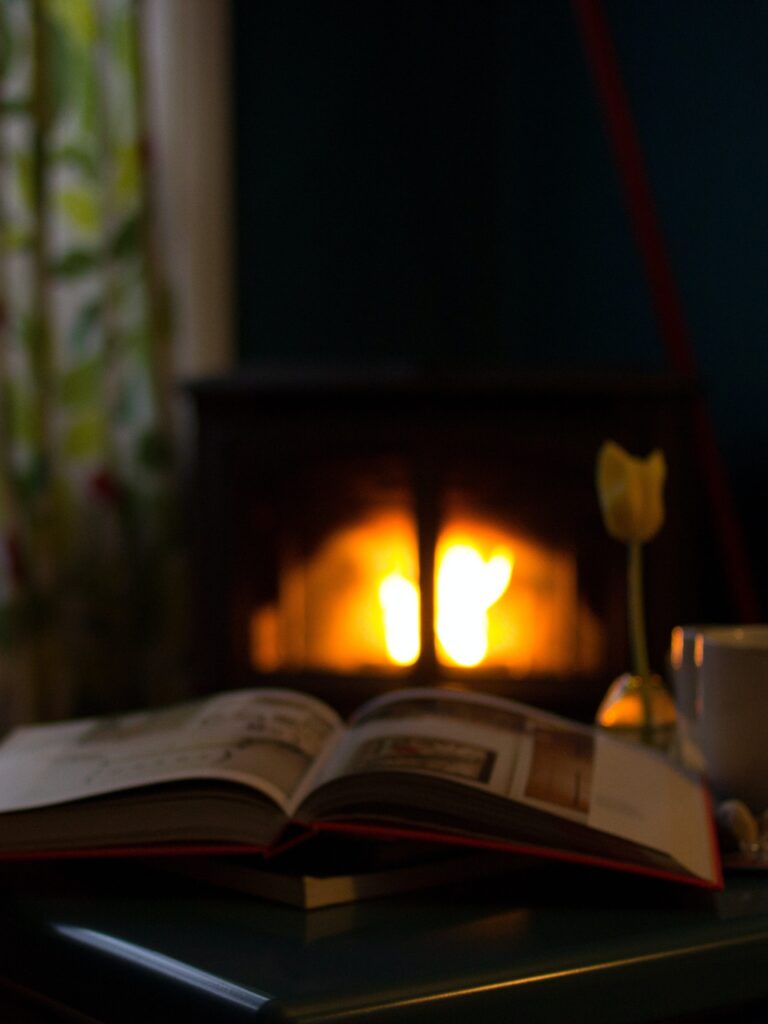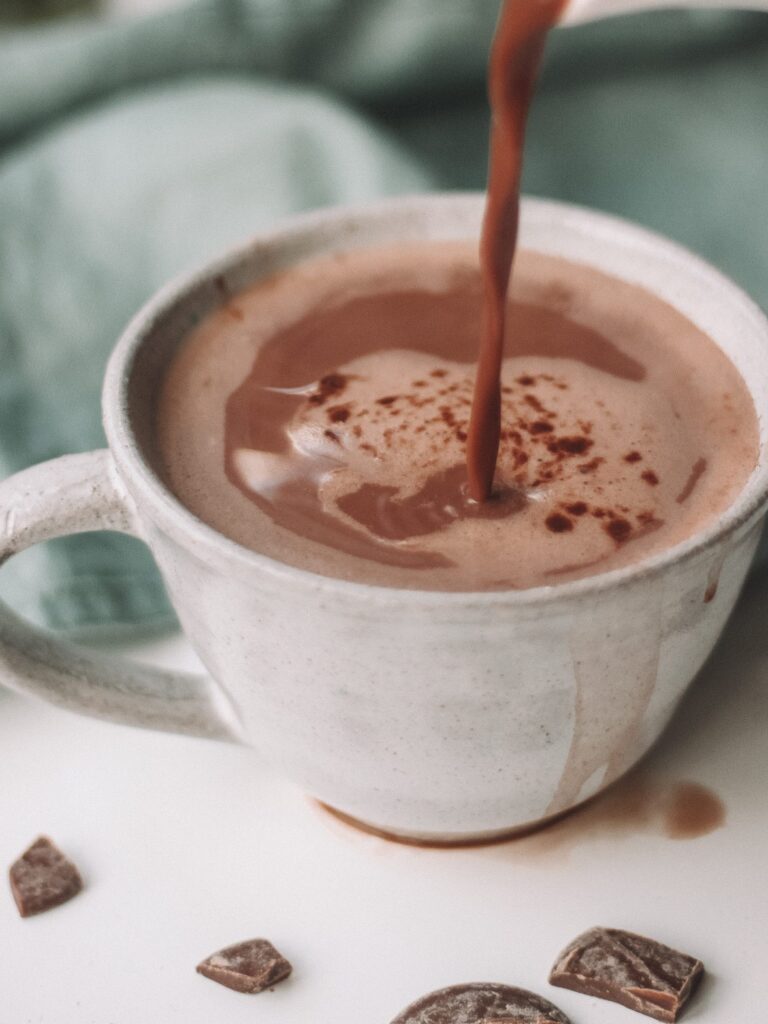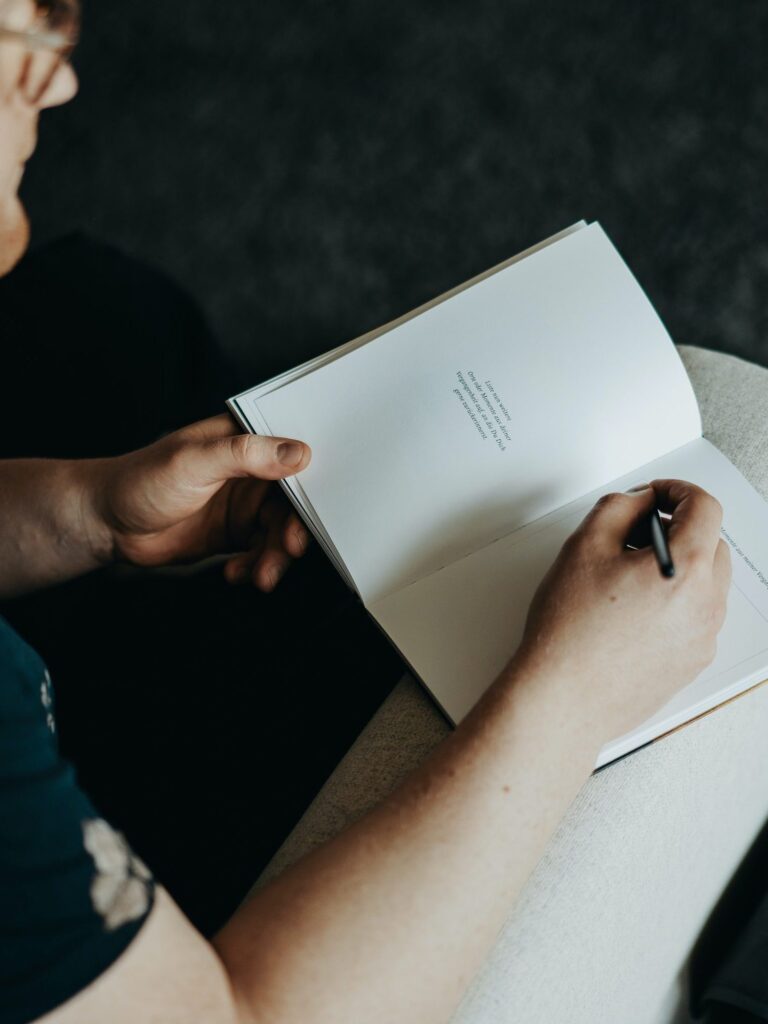
The Art of Self-Care:
Crafting your own Safe Haven
FIND PEACE,
AND QUIET YOUR MIND
Rediscover Serenity: An Introvert’s
Self-Care Strategies for Overcoming Depression
When depression settles in, even the simplest tasks can feel like monumental challenges, leaving you on the brink of exhaustion. Activities that once brought immense joy now seem draining, failing to offer respite from daily struggles. This disconnection from what used to inspire happiness can evoke feelings of emptiness, leaving you devoid of inspiration and drive.
In such moments, your usual remedies might fall short, necessitating exploration for new approaches, here’s where I hope this post can help you.
My perspective isn’t the unique solution to all your struggles, but as an introvert with anxiety, navigating past experiences with depression, and being a highly sensitive person, I’d like to share what has worked for me.

Enjoy your passions
When immersed in your passion, whether it’s painting, playing an instrument, writing, or any pursuit close to your heart, your brain taps into this amazing zone. It’s like everything else just fades away, and you’re there, fully present, lost in the moment. This immersive experience not only sparks joy but also alleviates stress, calming the mind and allowing for a break from the struggles of daily life. The sense of accomplishment and fulfilment derived from pursuing your passion further cultivates a sense of purpose and contentment, contributing significantly to your overall peace of mind.
My take on this : When I’m overwhelmed, my sanctuary is found in reading—a momentary escape from my thoughts and current circumstances. I seek solace and adventure in books with characters I appreciate, even if I don’t necessarily relate to them. If the storyline or characters disappoint me, reading ceases to be relaxing and becomes a source of frustration. And when reading stops being helpful, it means that I need to actively work on relaxing (a bit paradoxical but true).
Get comfy
Wearing comfortable clothes plays a subtle yet significant role in nurturing peace of mind. The tactile comfort offered by soft fabrics or loose-fitting attire creates a sense of ease within the body. When clothing doesn’t constrict or irritate, it minimises physical discomfort, allowing you to focus more on your thoughts and emotions. Comfortable clothes can serve as a form of self-care, offering a feeling of security and relaxation, subtly influencing your mood. This physical comfort can contribute to a tranquil mental state, helping you feel more at ease and grounded as you navigate through your daily activities.
My take on this : Often, when my mind is troubled, my body echoes the sentiment—not in terms of body image but in sensations. I experience an all-over itchiness; even the slightest contact, like hair brushing against my neck, becomes unbearably irritating. My go to solution is to switch to comfortable loungewear—nothing constricting, usually soft cotton attire, and even socks, regardless of the season..


Set a cosy mood
Crafting a cozy atmosphere within your home becomes a sanctuary for fostering peace of mind. Creating this ambiance involves soft lighting, comforting scents, and a clutter-free space. Warm and dim lighting can soothe the senses and promote relaxation, while pleasant scents like lavender or vanilla can invoke calmness. A clutter-free environment reduces distractions and helps declutter the mind, enabling clearer thinking and a greater sense of tranquility. By curating a cozy atmosphere, you’re creating a haven that invites peace and comfort, allowing you to unwind and find solace in your personal space.
My take on this : I need to be in a quiet environment, alone, with as little sound distractions as possible. I like when the room I’m in is tidy because it helps me believe that my mind is equally tidy, and it allows me not to focus on “that one thing” that isn’t in the “right spot” and that I “need” to put away right now! I also like having a window I can look through while relaxing, otherwise if I’m looking at a wall I feel like I’m trapped or not “enjoying” the day. Sitting in front of a door doesn’t feel right to me, perhaps echoing Feng Shui principles, though my expertise in the subject is limited. From time to time I like to light up a candle but it’s not systematic, it depends on the mood I want to set.
Drink a hot beverage
Sipping on something warm, whether it’s a mug of hot chocolate or a nice fruity infusion, is like a hug from the inside out. It’s that cozy feeling, you know? It’s like wrapping yourself in a soft blanket while sitting by the fire. There’s comfort in each sip, like it’s giving your soul a little pat and saying, “Hey, it’s gonna be alright.” I would just recommend to avoid anything with caffeine.
My take on this : No matter the time of the day (or the year), I’ll have a hot drink with me, wether it be hot chocolate or a fruity infusion. To be honest, I think at this point I can consider that hot chocolate is my addiction. I have been drinking at least one hot cocoa a day since I was old enough (maybe 4 or 5?), and I haven’t stopped until now. During the last year (2023) I have been slowly trying to replace my 2nd or 3rd hot chocolate of the day by an infusion for health reasons, but in times where my mind is too hard on itself I’ll revert back to 3 chocolates per day. I try not to kick myself too much about it because it’s the only “vice” I allow myself. I like to believe that I deserve each chocolate I make to myself!


Take a walk in the nature
Walking in nature works wonders for your mental health. It’s like a natural recharge—being surrounded by trees, fresh air, and open space. It’s a break from the chaos of daily life, a chance to relax and clear your mind. Whether it’s a quiet forest or a beautiful trail, being out there helps you feel more connected and grounded. It’s a fantastic stress-reliever, lifts your spirits, and helps you find that inner peace you’ve been searching for.
My take on this : Every day, to wind down, I go for a walk in nature with my dog. This technique actually came to me as I discovered a park near where I lived in the North of France in 2020. This park, the one shown on the picture, was my safe haven. It’s the place where I started to meditate, to change my mindset, and my view on life. This park taught me so much, I had so many introspections, times where I would question my whole way of thinking. After moving, I still have daily walks in the nature, they do help me relax and ground myself into the present, but no park has come close to this one yet.
Meditate
Meditation’s like hitting the refresh button for your mind. Meditation aims to ground you in the present moment and heighten your self-awareness. While I won’t go into the details of meditation here, I plan to dedicate an entire article about it soon. Taking those few moments to relax, and focus on your breath helps calm the crazy noise in your head. It’s like sweeping out all those annoying thoughts that clutter your mind, leaving space for some mental peace and clarity. When thoughts come to you, imagine them as clouds, look at them, acknowledge them, and then visualise those clouds disappearing through the wind until you can’t see them anymore.
My take on this : Walking among those trees wasn’t solely about exercise and fresh air; it was my form of meditation. You don’t necessarily have to sit in the middle of a room with closed eyes to meditate – I practice it that way too, especially when I’m overthinking, anxious, or feeling low.
Amidst those trees, I found respite from the clutter of my thoughts. I would observe the trees – their branches, leaves, and the sounds they produced in the wind. I listened to the symphony of the birds and breathed in the pure, untainted air, relishing the many scents of nature across seasons. It allowed me to enjoy every passing second without the burden of intrusive thoughts, simply being present in the moment.


Play white noise playlists
Listening to piano music or nature sounds is like a calming wave for your brain. Unlike songs with lyrics that can tug at your emotions or distract you, these tunes are pure vibes without words. They act as a mental detox—no external noise messing with your thoughts, just the gentle melodies or natural sounds guiding you into a tranquility. It’s magical how these tunes can whisk you away from the chaos, helping you unwind and find a bit of peace, one note at a time.
My take on this : Last year, when my anxiety was through the roof, I found out that piano music or nature sound playlists were deeply relaxing to me. It became a habit to put one of my favourite playlists as background sounds : “Peaceful piano” and “Nature Sounds” or “Rain Sounds” Spotify playlists.
Today, even when I’m feeling at peace or in a good place mentally I still like to listen to piano music, and also when I’m reading. I’ll usually listen to nature sounds during anxious episodes or when I can’t fall asleep at night because the silence is too loud or my mind is too caught up to quiet down. It actually works like a prompt nowadays : playing white noise playlists results in a peaceful mind.
Write about how you feel
Scribbling down your thoughts is like having a private heart-to-heart with yourself. It’s your personal space to let it all out, no holding back. Imagine pouring out your soul onto paper, without worrying about judgment or interruption. For us introverts, it’s gold—it’s expressing without the pressure of facing someone or finding the right words in the moment. Plus, it’s eye-opening! As you jot down the chaos in your head, you start to connect the dots and understand yourself in ways you never thought possible. It’s a secret language between you and your thoughts, helping you identify patterns to your emotions.
My take on this : Initially, I perceived journals as a “schoolgirl diary”. However, as journaling gained popularity, I stumbled upon two journals I had written in over the years. Reading through them, I realised I had journaled before, not in the typical “mood of the day” or “gratitude journal” manner, but rather, I wrote about how I felt with entries months apart.
Modern-day journaling has its benefits, but I found the old-school method better for my needs. Across all my entries, the common thread was feeling down, different, and self-critical, questioning life’s meaning. Mind you, these were not eloquent, poetic diaries; they were filled with typos and missing words. Yet, they represented the moments when I was feeling lost, depressed, when I needed to put words on what I was feeling. Upon revisiting these pages, I gained understanding of my past self, recognising patterns, and pinpointing triggers for my existential crises. Pouring my soul onto paper, even messily, became my introverted way of release, like screaming it out – it’s remarkably cathartic.
